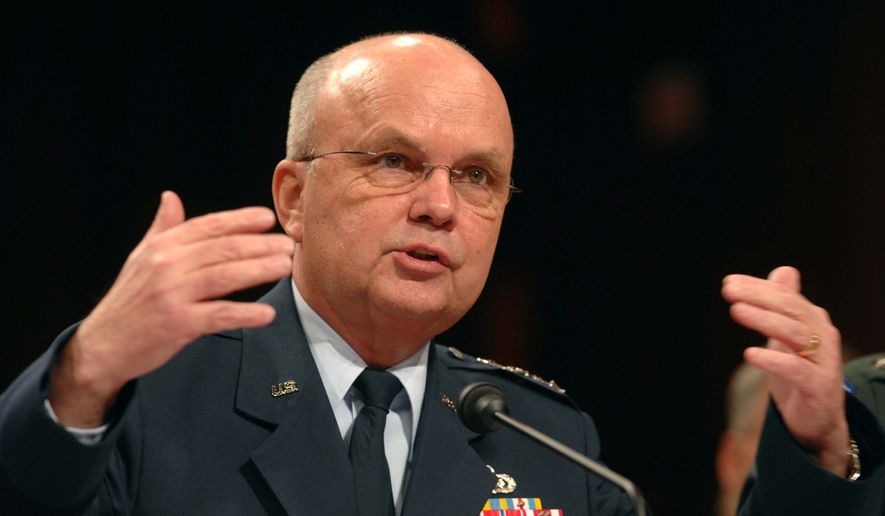Millennials are making it difficult for the U.S. intelligence community to keep secrets, according to a former director of the NSA and CIA.
Weighing in following WikiLeaks’ publication this week of previously unreleased intelligence files, retired four-star General Michael Hayden indicated that individuals who came of age around the turn of the century are “culturally” more inclined to part ways with privileged information.
“I don’t mean to judge them at all, but this group of millennials and related groups simply have different understandings of the words loyalty, secrecy and transparency than certainly my generation did,” Gen. Hayden, 71, told BBC on Wednesday.
“So we bring these folks into the agency – good Americans, all, I assume – but culturally they have different instincts than the people who made the decision to hire them,” said the former chief spymaster.
Gen. Hayden’s remarks were aired by BBC a day after WikiLeaks announced the publication of thousands of files said to have been obtained from the CIA’s elite hacking division, the Center for Cyber Intelligence, including documents detailing the agency’s previously undisclosed offensive cyber abilities.
“This seems to be an incredibly damaging leak in terms of the tactics, techniques, procedures and tools that were used by the Central Intelligence Agency to conduct legitimate foreign intelligence. In other words, it has made my country and my country’s friends less safe,” Gen. Hayden told the BBC.
While the U.S. intelligence community has refused to comment either the documents’ authenticity or origin, however, Gen. Hayden indicated that the leak may be the handiwork of yet another millennial leaker.
“We may be running into this different cultural approach that we saw with Chelsea Manning, with Edward Snowden and now, perhaps, with a third actor,” he said.
Manning, the source of hundreds of thousands of documents published previously by WikiLeaks, was in her early 20s when she began accumulating classified material later supplied to Julian Assange’s antisecrecy website. Mr. Snowden, a former NSA contractor, was 29-years-old when he gave journalists a trove of files involving the NSA’s vast surveillance apparatus.
Other well-known leakers were hardly the same age, however. Former military contractor Daniel Ellsberg was 40 when he leaked the so-called Pentagon Papers in 1971, and former FBI agent Mark Felt who nearly 60 when he helped bring down the Nixon administration as the pseudonymous “Deep Throat” source who blew the lid off the Watergate scandal.
WikiLeaks said earlier this week that its latest haul, the “Year Zero” files, came from “an isolated, high-security network” within the CIA’s hacking division.”The archive appears to have been circulated among former US government hackers and contractors in an unauthorized manner, one of whom has provided WikiLeaks with portions of the archive,” WikiLeaks said Tuesday.
Millennials are 26 percent less likely than Baby Boomers to consider themselves patriotic, according to a 2014 Pew Research poll.
• Andrew Blake can be reached at ablake@washingtontimes.com.




Please read our comment policy before commenting.